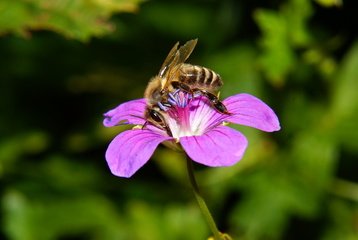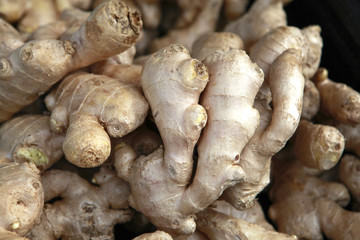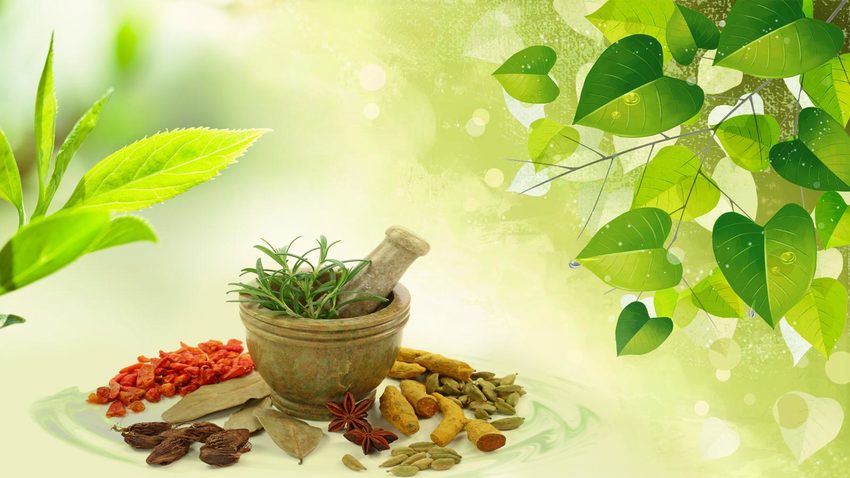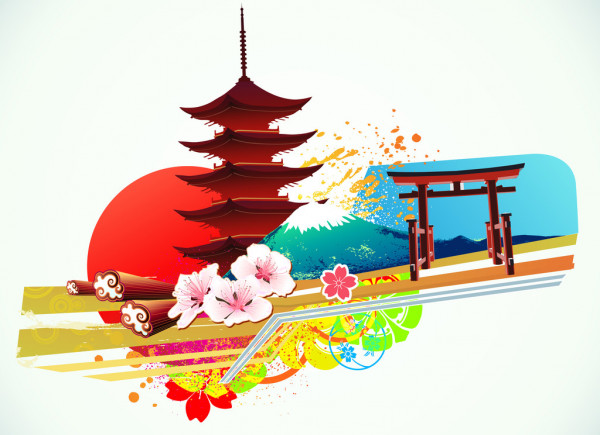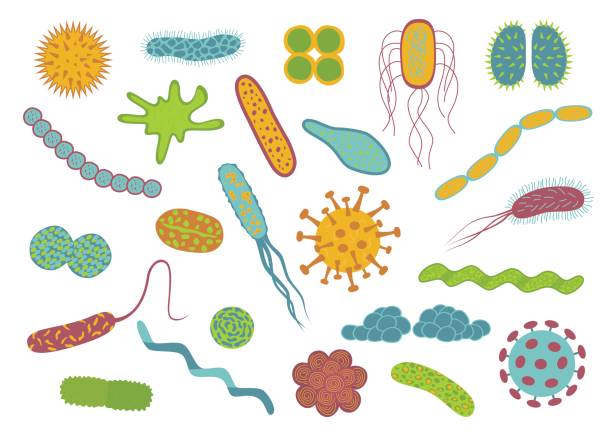Microbiome Health Chart, October 2020 (click on chart to ZOOM IN)
Sep
30
 CLICK ON CHART TO ZOOM IN.
CLICK ON CHART TO ZOOM IN.
This is not medical advice, so consult your doctor before making any health related decisions. Copyright (C) Herbsprout.com/ MobileZinger LLC.


